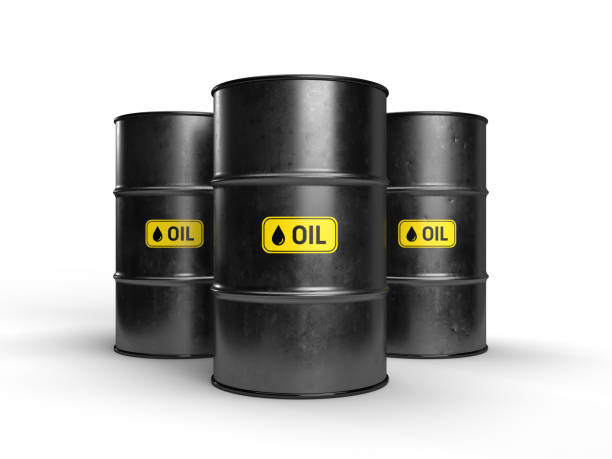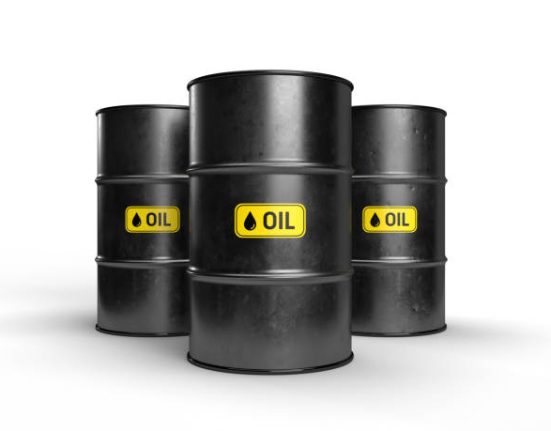LONDON — Global crude oil prices have plummeted by over 3%, falling below the $70 per barrel threshold, following a ceasefire agreement between Israel and Iran brokered by former U.S. President Donald Trump. The truce, confirmed Tuesday morning, has significantly eased tensions in the Middle East, triggering a rapid decline in geopolitical risk premiums associated with global energy markets.
As of 11:30 a.m. on Tuesday, Brent Crude dropped to $69.11 per barrel, while West Texas Intermediate (WTI) fell to $66.55, reflecting investor confidence that hostilities between the two longtime rivals have been temporarily suspended.
The ceasefire deal comes in the aftermath of high-stakes U.S.-led military action, which included B-2 stealth bomber strikes on key Iranian nuclear facilities at Fordow, Natanz, and Esfahan. Although Iran has not confirmed the extent of the damage, the attacks were widely viewed as a show of force to prevent further escalation.
Israeli Prime Minister Benjamin Netanyahu confirmed the agreement, stating that the country had achieved its primary objectives, including degrading Iran’s nuclear and missile capabilities.
“The State of Israel has defended itself, eliminated key threats, and now supports a pause in hostilities,” Netanyahu said in a televised address. “Our actions were precise, and our strategic goals have been met.”
The announcement marked a sharp reversal in regional sentiment, as fears of a full-scale war had rattled markets and driven oil prices higher in recent weeks. Analysts say the ceasefire has now shifted focus back to supply-and-demand fundamentals and broader economic signals.
“This is a classic geopolitical unwind,” said one commodities analyst in London. “Once the risk premium evaporates, markets immediately adjust. We’re now seeing a price correction reflecting reduced fears of supply disruption.”
While the ceasefire has brought temporary relief, energy analysts caution that underlying tensions remain, and oil prices could spike again if fragile diplomatic arrangements collapse.
The Trump-brokered deal has not yet been endorsed by the United Nations or other regional powers, but it has been welcomed by global markets, eager for stability amid an already volatile global economic climate.

